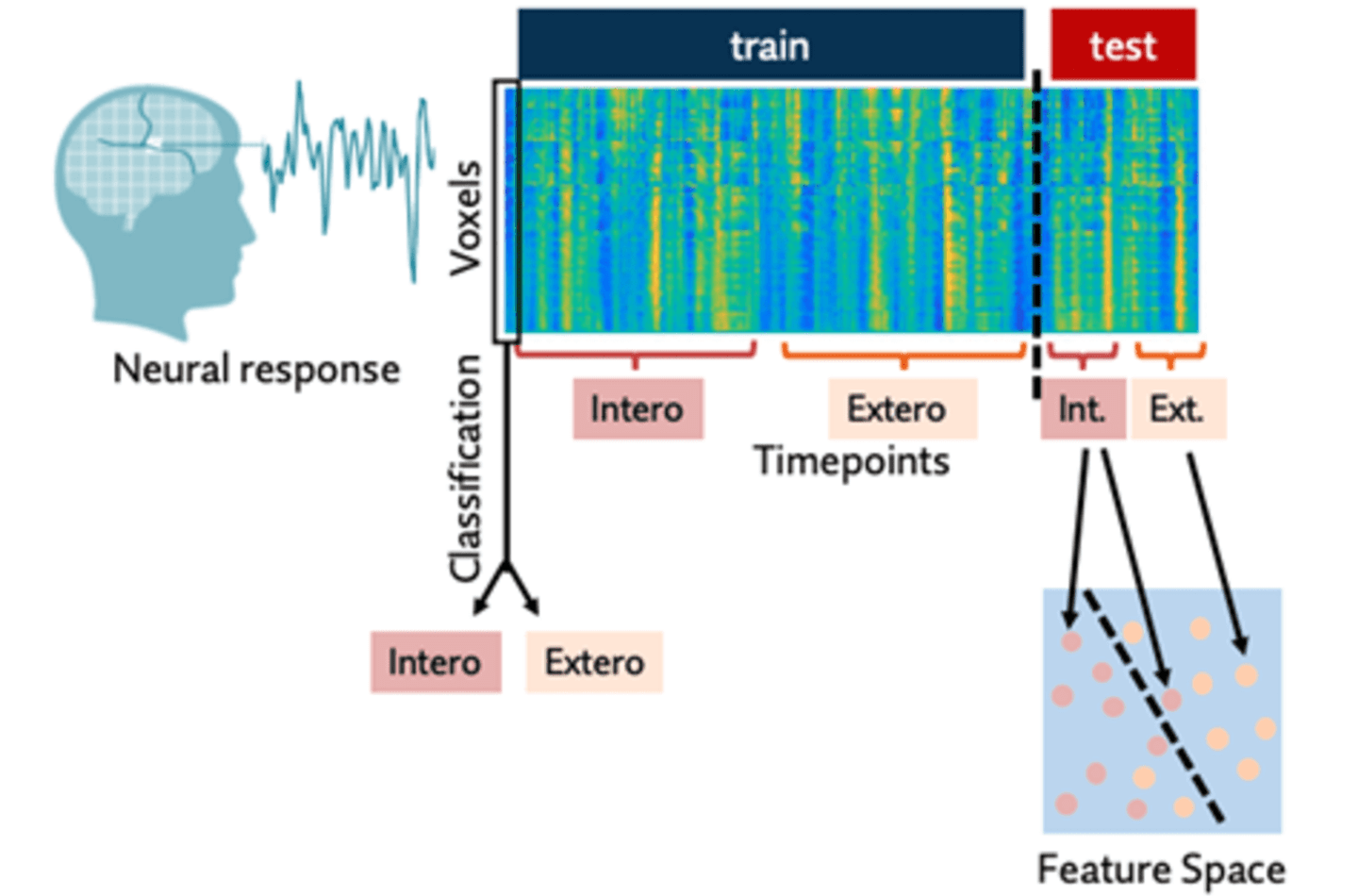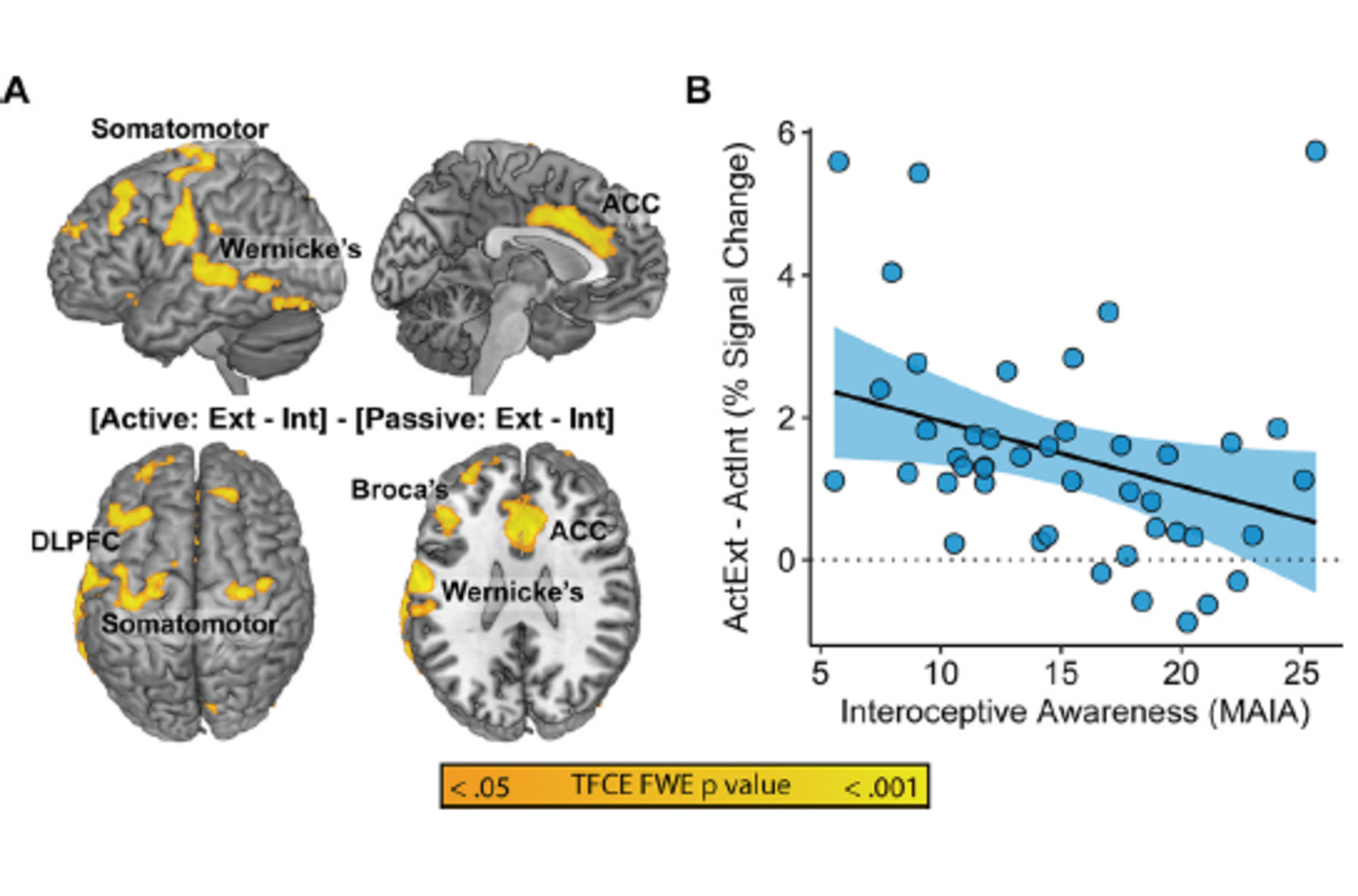Research
The Regulatory and Affective Dynamics lab (RADlab) at the University of Toronto Mississauga was established in 2014 to investigate the complex interactions between emotion and cognition that determine subjective wellbeing and stress resilience. The RADlab's mission is to evaluate how individual employ regulatory strategies in the face of stress, with an emphasis on evaluating the central theoretical claims underlying contemplative health promotion techniques such as mindfulness meditation and yoga.

Wellness Buddy
Our project aims to develop a web application, guided by the Mindfulness-to-Meaning theory, designed to assess and enhance the wellbeing of post-secondary students. The "Wellness Buddy" (WB) platform encourages students to engage in regular self-reflective wellbeing check-ins, as our research suggests that these check-ins can lead to improved self-care planning and reduced stress reactions during high-pressure academic periods Fiodorova & Farb (2022). Additionally, the project aims to provide students with feedback on how their coping compares to their peers, fostering a sense of connection and motivation to seek help if needed.
Chatbot and Customized Interventions
This research project encompasses three key objectives. Firstly, it seeks to assess the impact of various wellbeing intervention methods, such as check-ins, user-selected training materials, and guidance from a domain-specific chatbot, on participants' short-term and long-term wellbeing outcomes. Secondly, it aims to investigate the role of user engagement and autonomy in the effectiveness and sustainability of mindfulness practices by allowing participants to choose their training materials and focus on meaningful life areas. Lastly, the project involves the development and evaluation of an interactive chatbot designed to personalize and facilitate the application of mindfulness techniques to specific life domains, offering an accessible approach to enhancing wellbeing.
Wang, Robertson, & Farb (in prep);
Wang & Farb (in prep)

Neuroimaging: Interoception
Our neuroimaging work focuses on the neural underpinnings of identity and mental health. Currently we are exploring how attention to the breath (a form of interoception) changes brain activity relative to visual attention. We previously linked interoception to deactivation of diffuse cortical regions, with greater awareness linked to greater connectivity within attention networks within this lower activity state. We are currently replicating this study with greater controls for physiological changes, and exploring the neural correlates of awareness of physiological change.
Neuromaging: Depression Vulnerability
Recent work has demonstrated that sensory inhibition following negative mood challenge is a predictor of past, present, and future depression vulnerability. Rather than implying that depression is a product of overactive negative cognition, the inhibition of sensory activity, i.e., the ability to take in new information, during stress may be a more reliable indicator that someone has become 'stuck' in a depressive state.

Machine Leaning
The project aims to objectively measure interoceptive sensibility, often assessed subjectively. Using machine learning, we analyzed functional magnetic resonance imaging data from a randomized control trial involving interoceptive training. Our model effectively differentiated between interoceptive and exteroceptive attention within sessions (80% accuracy) and across new data (70% accuracy). Additionally, we applied this classifier to gauge participants' engagement in a sustained interoceptive task, revealing improvements due to interoceptive training. In essence, this research demonstrates the neural distinction between interoceptive and exteroceptive attention, potentially offering an objective marker for interoceptive sensibility, with implications for mental health research.
Online Interventions
In this project, we explored web-based mental training interventions to support undergraduate students' wellbeing. Our main goal was to validate online training modules for decentering and reappraisal, key components of Mindfulness-to-Meaning Theory. We adapted these interventions for the web to assess their potential to improve students' mood, mental health, and coping skills. Furthermore, we assessed whether offering choices in training modules would positively affect participant retention and outcomes. To achieve this, we introduced a mindfulness with choice group, enabling participants to select their preferred exercises.


Mindful Game
Our research project aims to harness the potential of online interventions and gamification techniques to bolster student mental health. We recognize the accessibility and scalability of online interventions, particularly in the context of student support. Leveraging the proven benefits of mindfulness training, we seek to enhance mindful awareness, emotion regulation skills, happiness, and life satisfaction among students.

